
The appeal of neat and maintained housing goes beyond surface-level aesthetics. It has now become a marker of a community’s health, tenant rights, and even legal boundaries. Meeting specific guidelines for cleanliness has driven a large segment of Brisbane residents toward a recommended tile cleaning service whose offerings align with tile restoration and larger, more altruistic social causes.
With the current tightening of housing standards, even the simplest of floor cleaning services is now intertwined with the realm of politics and law.
Housing Standards and Public Policy
While neglecting tile and grout is a common topic of discussion in the housing sector, the government views tiles as insignificant details. These details become a part of the bigger picture of livability. Local councils and regulators are increasingly recognizing the connection between household cleanliness and public health.
Floors and tiled areas, if neglected, become a breeding ground for bacteria and allergens. It can, therefore, be inferred that having clean living spaces is not simply a privatized issue but a sociopolitical one, intertwined with public health policies and construction regulations.
Obligations of property owners and Public Policy Considerations
In Brisbane and other major Australian cities, rental agreements touch on property condition-keeping clauses more and more each day. These agreements, however, may pose difficulties for tenants, as failure to keep the property in exemplary condition may mean they risk losing the clean tenancy bond on the property.
On the other hand, property managers must diligently ensure that tenants are not violating the minimum housing standards. Professional cleaning of the property resolves the issue of unclean hands. Where queries arise, professional evidence of cleaning disputes and tile care serves as a describable legal safeguard.
Use of Cleaning Services as a Voting Campaign Weapon
Sanitation and housing, along with other domestic necessities, are rather complex and contradictory matters on their own. However, an affordable house contains more than just the number of constructed buildings. The emphasis is on the expected living conditions and amenities for a family.
However, the clauses lie deep within the underlying expectations of voters who, as I have already clarified, expect a high standard of housing, cleanliness, and maintenance. While tile cleaning may not directly relate to campaign speeches, it plays a crucial role in enhancing the living standards of tenants and maintaining their expectations.
ALSO READ: What the Future of Korean Address Aggregation Means for Law and Democracy
Politically Relevant Service
The businesses that are focused on cleaning tiles and grout in Brisbane have transcended to an image of something more important than just a service provider. People now view these businesses as a crucial component of the social movement that aims to enhance home hygiene standards.
The political relevance comes from the way the businesses in the industry sharpen the regulations, defend the tenants, and uplift the quality of life. These businesses advocate for housing policies that ensure the safety and hygiene of all residents.
Conclusion
The political hygiene and sanitary condition of homes, which has now transcended borders, The previously specialized tile cleaning business has now become integrated with regulatory policies and is widely recognized as a key component of rental agreement advocacy.
The standards of hygiene and sanitation in homes have surpassed policy regulations, and the tile cleaning business has become integrated into Brisbane’s political landscape. The hygiene and tile condition of homes and buildings may not be the primary conversational topics, but they are the reasons behind the properly maintained sanitary condition and hygiene of homes.


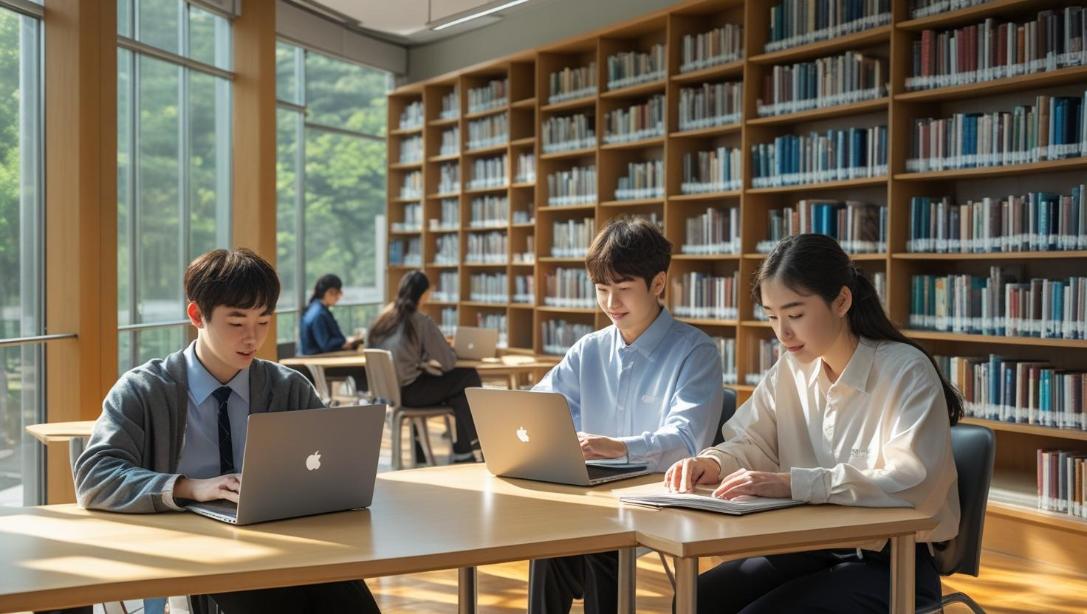
 Making familiar content like day-in-the-life movies, behind-the-scenes peeks, or policy explainer reels is a great way to get people to interact with you.
Making familiar content like day-in-the-life movies, behind-the-scenes peeks, or policy explainer reels is a great way to get people to interact with you. As remote work continues to grow, many countries are now offering “digital nomad visas.” These visas allow remote workers to live abroad while working for foreign companies. Italian digital nomad visa program is a new path for professionals who want to travel without breaking immigration laws. But behind this trend are serious legal and political decisions that shape who can apply, how long they can stay, and what rights they have.
As remote work continues to grow, many countries are now offering “digital nomad visas.” These visas allow remote workers to live abroad while working for foreign companies. Italian digital nomad visa program is a new path for professionals who want to travel without breaking immigration laws. But behind this trend are serious legal and political decisions that shape who can apply, how long they can stay, and what rights they have. Modern chandeliers are often built with energy-efficient elements as growing concerns about energy conservation call for. These capabilities can call for motion sensors, dimmable controls, and LED illumination. It is noteworthy, nonetheless, that not every modern chandelier is made equally in terms of energy economy. Customers should investigate and select chandeliers that satisfy their objectives for energy savings.
Modern chandeliers are often built with energy-efficient elements as growing concerns about energy conservation call for. These capabilities can call for motion sensors, dimmable controls, and LED illumination. It is noteworthy, nonetheless, that not every modern chandelier is made equally in terms of energy economy. Customers should investigate and select chandeliers that satisfy their objectives for energy savings.

 When cars park illegally in a private property, there are federal and local laws that serve as guidelines in regulating the acts of towing san jose
When cars park illegally in a private property, there are federal and local laws that serve as guidelines in regulating the acts of towing san jose 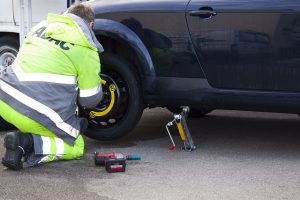 back on the road. According to Ms. Murray some tow companies have been abusing their authority to tow illegally parked vehicles.
back on the road. According to Ms. Murray some tow companies have been abusing their authority to tow illegally parked vehicles.


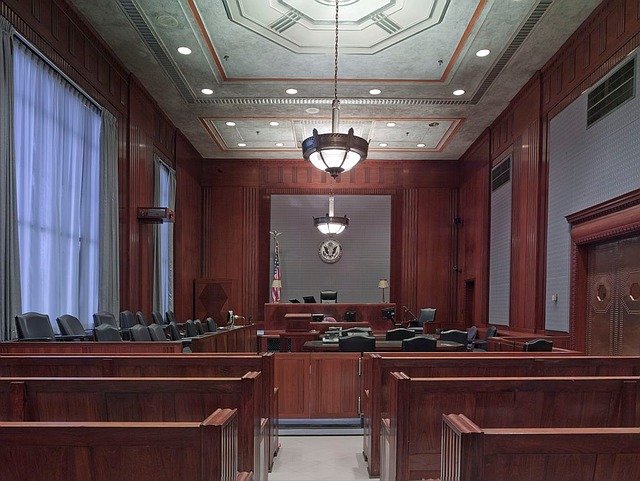

 A whole lot to ameliorate the prevalence of a candidate to the general public will be availed by a prosperous effort. You need to access all techniques to market your self. As it can attain a huge array of individuals, flyers are great for campaigns, whether it be for a political purpose or small business campaigns. This had been proven timeless as noted by a local business in carpet cleaning Port Charlotte.
A whole lot to ameliorate the prevalence of a candidate to the general public will be availed by a prosperous effort. You need to access all techniques to market your self. As it can attain a huge array of individuals, flyers are great for campaigns, whether it be for a political purpose or small business campaigns. This had been proven timeless as noted by a local business in carpet cleaning Port Charlotte.








 The world is facing lots of social and environmental issues, and it can feel overwhelming to consider how to make a difference. Nevertheless, it’s essential for us all to recognize our part in helping resolve them. That’s why it’s important to
The world is facing lots of social and environmental issues, and it can feel overwhelming to consider how to make a difference. Nevertheless, it’s essential for us all to recognize our part in helping resolve them. That’s why it’s important to 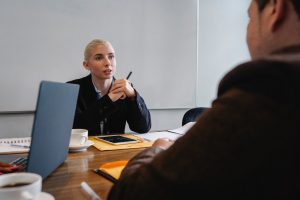



 Many believe that it takes a special kind of person to be wholly interested in being at the frontline of political activities in today’s political realm. Yet if you are not that person but have desires to take part in the process of formulating
Many believe that it takes a special kind of person to be wholly interested in being at the frontline of political activities in today’s political realm. Yet if you are not that person but have desires to take part in the process of formulating  The best examples of the outputs of a statistician in the field of politics are the political polls or surveys conducted by statisticians. Their goal is to determine realistic numbers they can use in estimating the probability or possibility of different social and political trends. That way, proactive and preventive measures may be proposed as legislative matters.
The best examples of the outputs of a statistician in the field of politics are the political polls or surveys conducted by statisticians. Their goal is to determine realistic numbers they can use in estimating the probability or possibility of different social and political trends. That way, proactive and preventive measures may be proposed as legislative matters.
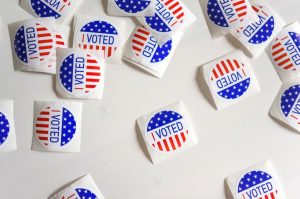 What Does Gambling Have to do with Politics?
What Does Gambling Have to do with Politics? As soon as your baby is two or three weeks old, they start to learn how to remember things. As soon as a baby is two or three weeks old, they will remember your smell.
As soon as your baby is two or three weeks old, they start to learn how to remember things. As soon as a baby is two or three weeks old, they will remember your smell.

 On the other hand, if you are still starting on Twitch or have a small following or little audience, there are some ways to help you boost your channel to gain more Twitch followers and views. One of this is to buy followers.
On the other hand, if you are still starting on Twitch or have a small following or little audience, there are some ways to help you boost your channel to gain more Twitch followers and views. One of this is to buy followers.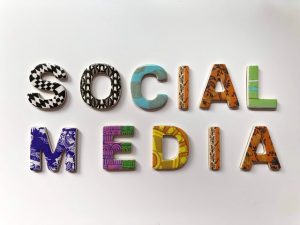 Social Media And The Law
Social Media And The Law